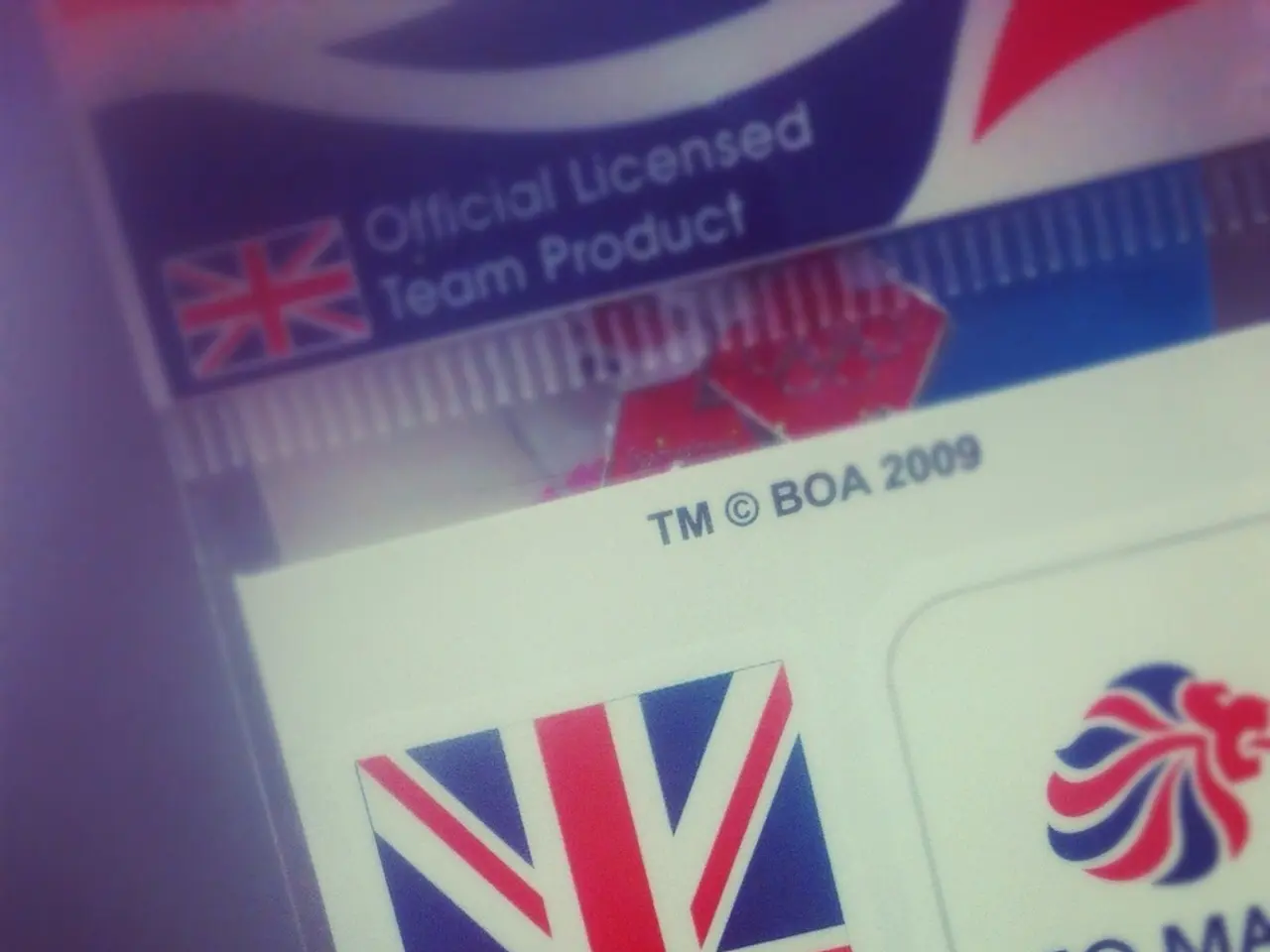A Customer Identification Program (CIP) refers to a regulatory mandate that requires financial institutions to verify the identities of their customers to prevent money laundering, terrorist financing, and other unlawful activities.
The Customer Identification Program (CIP) is a critical regulatory requirement for financial institutions in the United States, established under the USA PATRIOT Act post-9/11 to combat terrorism and prevent money laundering. This program is a foundational element of Anti-Money Laundering (AML) programs, facilitating identity verification to detect and prevent illicit financial activities in the U.S. banking system.
The CIP regulations, jointly issued by the Financial Crimes Enforcement Network (FinCEN) and federal regulatory agencies in 2003 under section 326 of the USA PATRIOT Act, mandate banks and other financial institutions to have written procedures that enable them to form a reasonable belief that they know the true identity of each customer before opening an account. The minimum required information includes the customer’s full name, date of birth, physical address, and identification number (such as a Taxpayer Identification Number for U.S. persons).
Financial institutions must verify the specific identifying information provided by customers. This includes name, address (for individuals and businesses), date of birth (for individuals), and identification number (taxpayer ID, employer ID, or government-issued ID with nationality, residence, photo, or biometrics). The accuracy of the information collected must be verified.
CIP contributes to AML compliance efforts by ensuring robust verification of customer identities using documentary evidence (e.g., government-issued IDs) or non-documentary methods (e.g., credit bureau checks). This helps prevent criminals from using financial institutions to launder illicit funds or finance terrorism. Additionally, CIP requires retention of verification records for five years after the end of the customer relationship and mandates notifying customers about the purpose of data collection.
Recent amendments reflect ongoing regulatory evolutions, such as a 2025 order allowing banks and credit unions to use third parties to collect Taxpayer Identification Numbers (TINs), relieving institutions from collecting TINs directly from customers at account opening. This change aims to balance customer privacy concerns with regulatory obligations without increasing risks of fraud or money laundering.
As a company leading in blockchain technology for the finance industry, our website contributes to reducing fraud and irregularities through its management systems and protocols, providing a hassle-free onboarding process and improving the user experience. Our website is an open-source ecosystem offering on-chain and secure onboarding solutions, reducing onboarding friction through reusable and interoperable Gateway Passes.
For more information about our website verification and general KYC (Know Your Customer) processes, please get in touch. It is essential for financial institutions to stay informed about the evolving regulatory landscape to maintain ongoing compliance and protect their reputation and financial stability.
References:
[1] FinCEN. (2021). Customer Identification Program (CIP). Retrieved from https://www.fincen.gov/regulations/bank-secrecy-act-currency-and-financial-transactions-reporting/customer-identification-program-cip
[2] USA PATRIOT Act. (2001). Uniting and Strengthening America by Providing Appropriate Tools Required to Intercept and Obstruct Terrorism (USA PATRIOT) Act of 2001. Retrieved from https://www.congress.gov/bill/107th-congress/house-bill/3162
[3] Federal Reserve System. (2021). Customer Identification Program (CIP). Retrieved from https://www.federalreserve.gov/supervisionreg/srletters/SR0315.htm
[4] Federal Deposit Insurance Corporation. (2021). Customer Identification Program (CIP). Retrieved from https://www.fdic.gov/regulations/laws/rules/6000-1098.html
[5] Internal Revenue Service. (2021). Customer Identification Program (CIP). Retrieved from https://www.irs.gov/businesses/small-businesses-self-employed/customer-identification-program-cip
Businesses in the financial sector, driven by the need for compliance with regulations established under the USA PATRIOT Act, are increasingly leveraging technology to improve identity verification processes. For instance, our company, specializing in blockchain technology for finance, offers secure onboarding solutions that aim to reduce fraud and enhance the user experience. This technology-driven approach to Customer Identification Programs (CIP) is instrumental in combat money laundering and terrorist financing, integral components of Anti-Money Laundering (AML) efforts.




